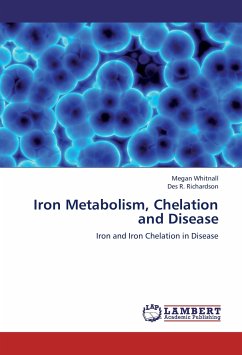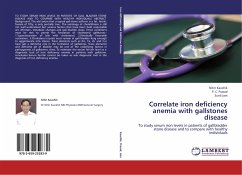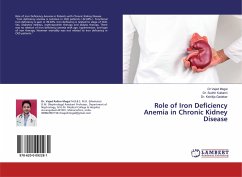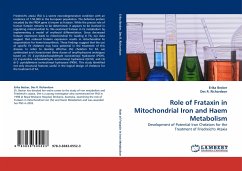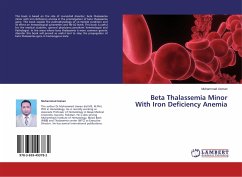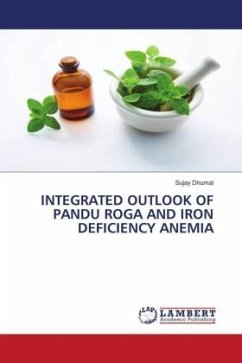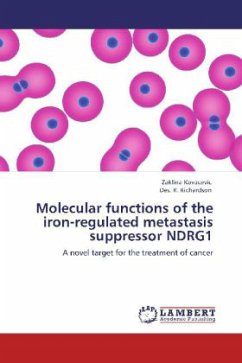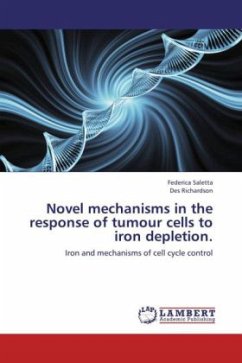The metabolism of iron is important considering the vital role of this element in proliferation. However, excess iron is toxic due to the generation of cytotoxic radicals. This book examines the targeting of iron by specific iron chelating agents in two disease states, namely cancer and Friedreich's ataxia. The research herein first results in the identification of a new class of iron chelators known as the DpT analogues that selectively inhibit tumour growth in a variety of human tumour models in vivo. At least part of their mechanism of action is mediated through their ability to up-regulate the metastasis supressor, N-myc downstream regulated gene-1. As a second major focus, the studies performed examine the altered metabolism of iron in an appropriate animal model of Friedreich's ataxia. This particular condition is characterized by mitochondrial iron loading which leads, at least in part, to the pathology observed. The ability of the mitochondrial permeable chelator, PIH, todeplete this iron loading is demonstrated together with its ability to decrease cardiac pathology. The molecular alterations that lead to the mitochondrial iron loading are described.
Bitte wählen Sie Ihr Anliegen aus.
Rechnungen
Retourenschein anfordern
Bestellstatus
Storno

